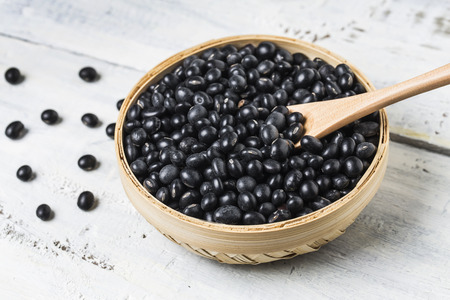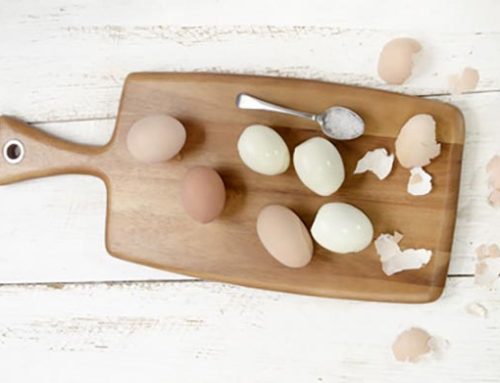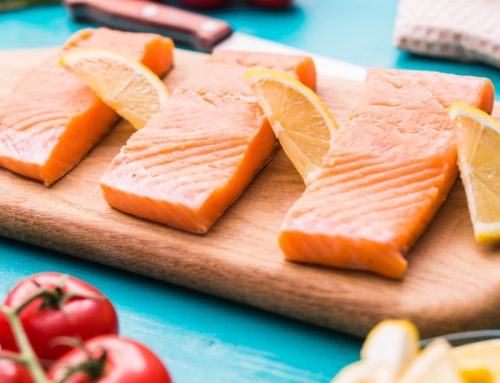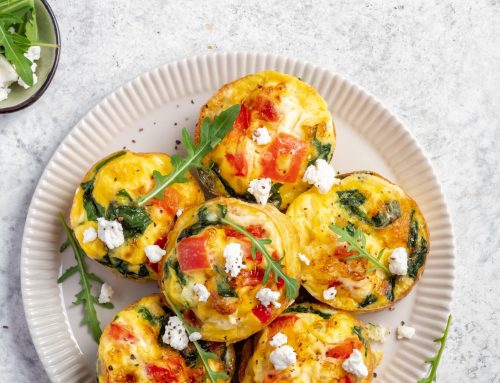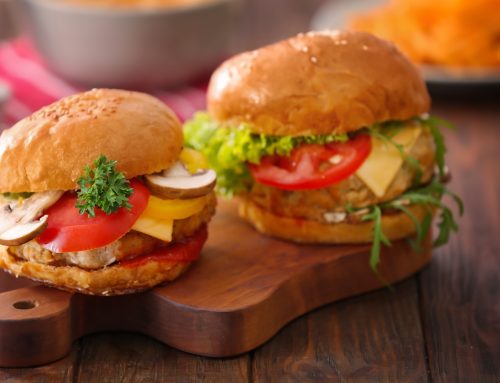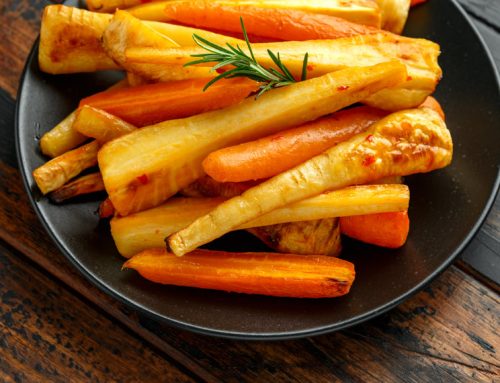Black bean recipes make a healthy addition to your winter cooking rotation. I like black beans because I like their texture and mildly sweet flavor.
So why should you add black bean recipes for your cooking repertoire? Because they’re also incredibly healthy, providing multiple vital nutrients with minimal fat and sugar.
Health Benefits of Black Bean Recipes
The antioxidants, fiber, protein, and carbohydrates in black beans make them nutritionally powerful. A diet rich in beans can reduce your risk of several serious medical conditions and help your body to process calories more effectively.
• Blood Sugar Regulation
Unlike many other foods that are high in carbohydrates, black beans don’t cause a spike in blood sugar. Studies have actually found the opposite. When people eat black beans with rice, their blood sugar levels tend to be lower than if they only ate rice. For people with diabetes, adding beans to a healthy diet can improve blood sugar control while reducing heart disease risk.
• Cancer Prevention
Research has shown that a diet rich in beans may help to reduce your risk of certain cancers, including those of the stomach, kidney, and colon. Early studies on animals show that beans might also help to fight the growth of breast cancer tumors, but more studies on humans are needed.
• Eye Health
The antioxidants in black beans can help to protect your eyes against age-related macular degeneration and cataracts. A major research project by the National Eye Institute showed that when people at high risk of advanced macular degeneration took high doses of antioxidants, their risk of the condition decreased by 25%. Antioxidants also reduced vision loss in the same high-risk group by 19%.
Black beans are especially high in vitamin C, which studies show can reduce your risk of cataracts. If you already have cataracts, vitamin C may slow their growth and possibly delay the need for surgery.
• Heart Health
Studies show that eating beans can lower the total amount of cholesterol and levels of “bad” cholesterol in your blood. This may reduce your risk of developing heart disease. One study showed that eating a single serving of dried beans per day can reduce the risk of heart attack by up to 38%.
Try this black bean recipe:
Butternut Squash, Corn, & Black Bean Salad
INGREDIENTS (makes 4 servings)
• 2 1/2 cup diced butternut squash
• 1 1/2 cup corn kernels, fresh (about 2 ears), frozen, or canned
• 2 tbsp olive oil, divided
• 1/4 tsp salt, plus more to taste
• 3/4 tsp chili powder
• 1 cup wild rice
• 15 ounce 1 can black beans, drained and rinsed
• 1 juice of lime
• 4 ounce queso fresco (can substitute feta), crumbled or diced
• 1 tsp Pepper to taste
DIRECTIONS
1. Preheat oven to 425F. Toss the butternut squash and the corn kernels with 1 tablespoon of the olive oil, along with the salt and chili powder. Spread the seasoned veggies in a thin layer over a parchment-lined baking sheet and bake for 25-35 minutes, until golden, tossing halfway through.
2. While the veggies are baking, cook wild rice according to package instructions, then drain off any excess water.
3. In a large bowl, combine the cooked wild rice with the roasted corn and squash. Add the black beans, pepper, lime juice, and queso fresco, along with the remaining 1 tablespoon olive oil.
4. Taste and adjust seasoning (salt and pepper) if necessary.
5. Divide into 4 portions and serve warm or chilled.
NUTRIENTS PER SERVING:
Calories: 470
Fat: 15 g
Carbohydrate: 69 g
Sugars: 7 g
Dietary Fiber: 13 g
Protein: 20 g
Click here to get complete black bean recipes.


